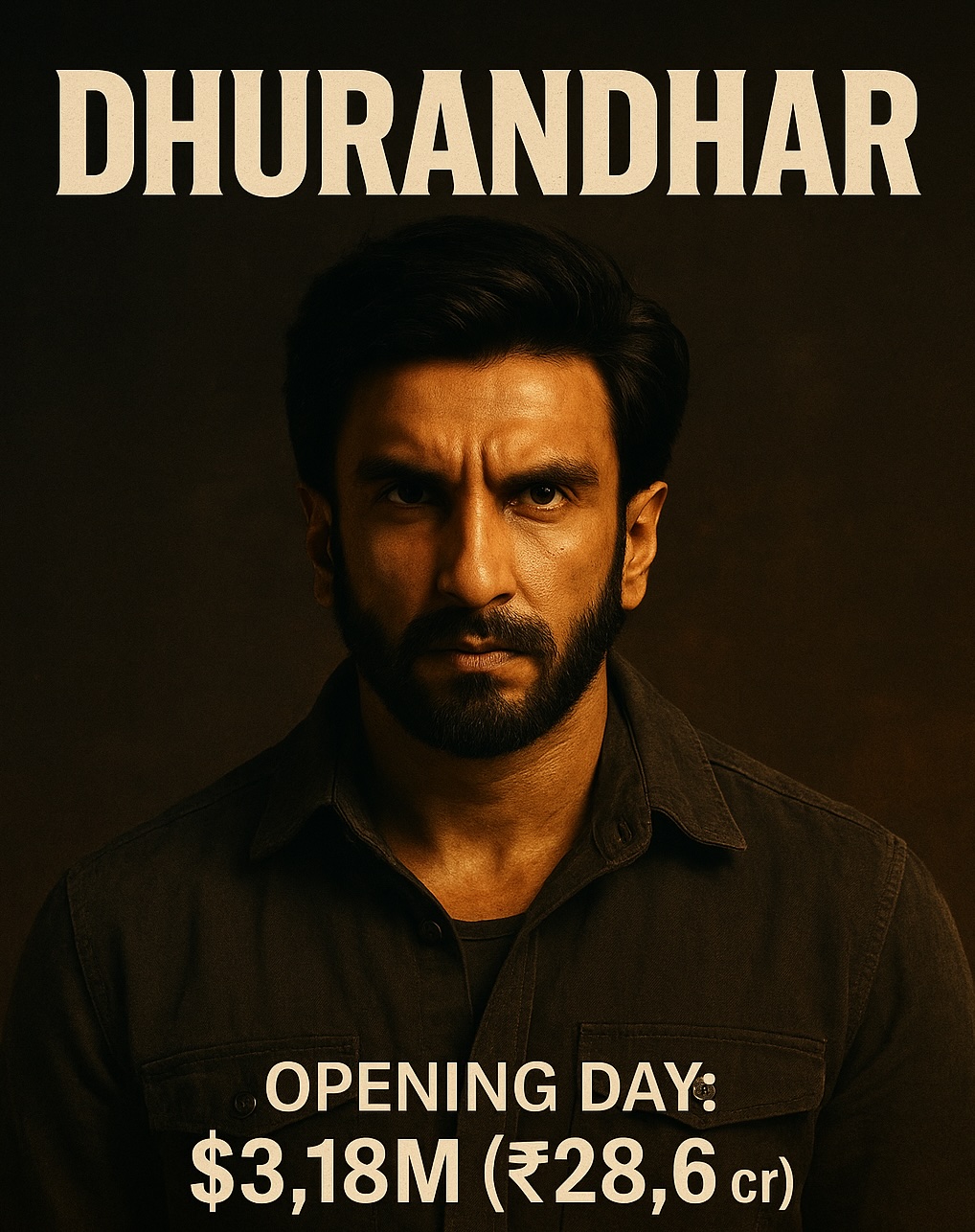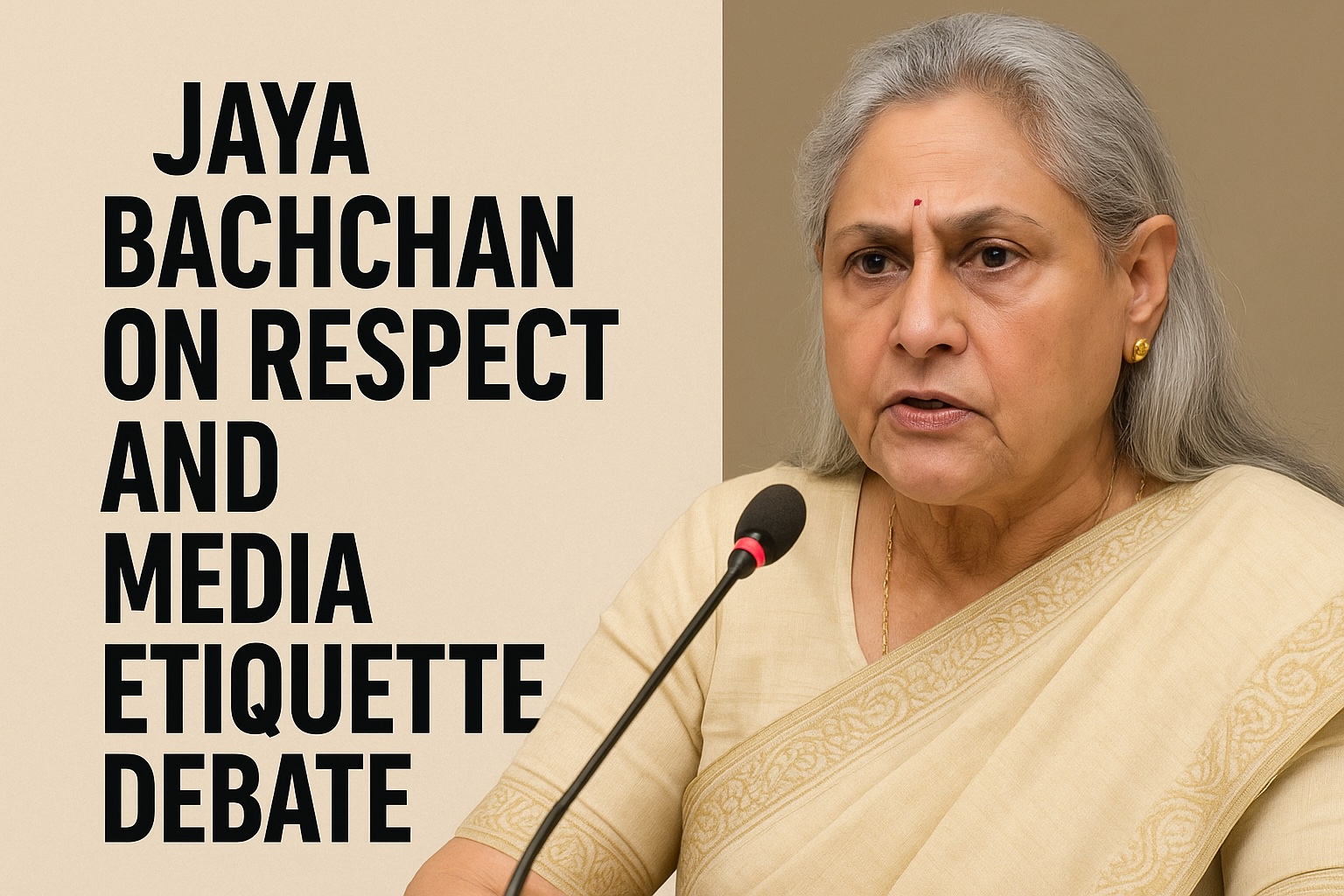“Our lives have been, in spite of everything, acts of love…” This is the compelling line which sets the tone for Deepa Mehta’s cinematic adaptation of Salman Rushdie’s eloquent, poignant and absolutely glorious labour of love: ‘Midnight’s Children’.
The film, despite its several flaws, is just that: an act of love. It is an attempt, in part, to recreate Rushdie’ ‘Book of Childhood”. Where there are naturally elements of the fantastical: there’s the action, the (well-meaning attempts at) comedy, the romance and passion (spanning three generations, no less. Beginning with the protagonist Saleem Sinai’s German-returned Kashmiri grandfather Aadam Aziz and his blushing new bride Naseem; then there’s Sinai’s mother Amina and her tale of underground love with “the earthworm” Nadir Khan; and finally Saleem’s raw, palpable chemistry with Parvati, another child of midnight). There’s suspense and intrigue too; and Rushdie’s personal brand of magic realism and sorcery (which sadly doesn’t translate as well on-screen as it ought to have).
Rushdie’s screenplay of ‘Midnight’s Children’ is crisp, tidy and highlights the best in the book. The film falters only slightly during portions in its second act, when Saleem’s capture during the Emergency, by his nemesis Shiva is dragged out and milked for all its worth. Portions of his imprisonment are gruesome, and are brutal to watch; but the film culminates in a rich, glorious and emotionally heartwarming climax that is at once rewarding and equally delightful.
My personal favourites were, unsurprisingly, Shahana Goswami’s delicate, understated yet finely nuanced portrayal of Amina Sinai. Noteworthy also was Rahul Bose in his short but effective cameo as Major Zulfikar. Soha Ali Khan was charming in her very brief (3-scene) appearance as Jamila Sinai,; Saleem’s sister (a role which was mighty brave of her to accept in the first place. How many of her contemporaries would agree to such little screen time, and manage to make a mark all the same?) Shriya Saran and Siddharth were more than competent in their roles; as Parvati and Shiva respectively. The weakest performance was that of Saleem Sinai himself (Satya Bhabha, in a role that was perhaps too much to ask of him). To be fair though, he grows on you as the film progresses, and starts to endear (a tad too late) towards the end of the film.
What the film does, for the most part, is it makes you want to revisit Rushdie’s incredible 600-page novel, which is far superior to its poorer cinematic cousin. More than anything, Salman Rushdie’s ‘Midnight’s Children’ is such a great story, such a fabulous tale of love, longing, lust, greed… such a fantastic fable of India. And it is this sincerity and honesty that makes it such a thing of beauty.





